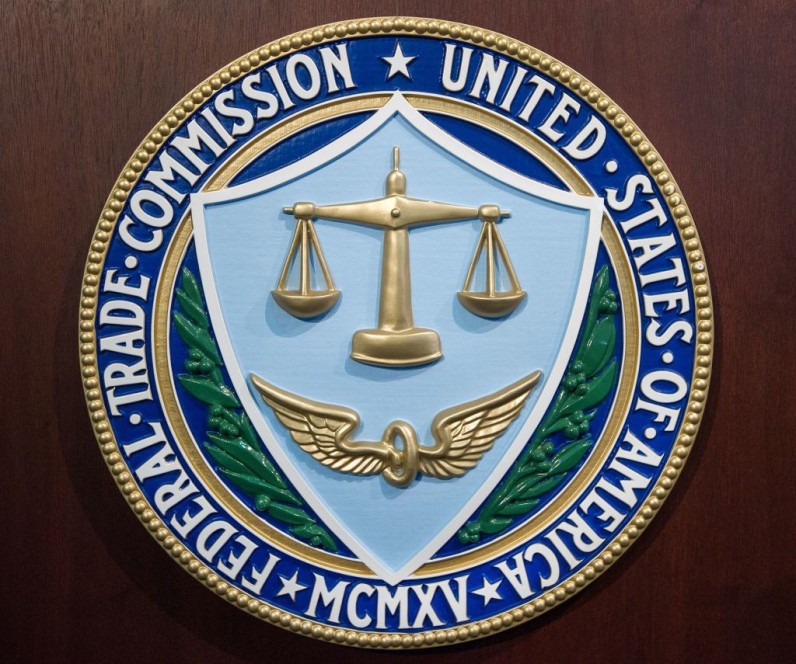
The US Justice Department and the Federal Trade Commission (FTC) reached a deal last week that allowed them to proceed with antitrust inquiries into the significant roles Microsoft, Nvidia, and OpenAI have been doing in the development of artificial intelligence (AI).
Several people with knowledge about the matter told the New York Times, who first reported on the matter late Wednesday (June 5), that the developments the three firms have been into regarding AI have become visible in the United States government's antitrust radar, signifying an intensifying scrutiny by the Justice Department and the FTC into the AI industry.
The deal over the process of conducting the antitrust investigation would be expected to be completed in the coming days, the sources added.
Biden Administration's Antitrust Campaign vs. Big Tech
The antitrust probe against the three AI-developing companies is the latest in the Biden administration's campaign to combat tech giants in what the government perceived as a process of dwindling the competition through partnerships, mergers, and acquisitions.
After a similar deal in 2019, the government investigated companies such as Google, Apple, Amazon, and Meta. Since then, it has sued each of the tech firms on claims that they violated laws prohibiting the practice of monopoly and monopolistic competition.
Nvidia, Microsoft, and OpenAI evaded being investigated by the government for months. However, it changed when the three companies were reported to have put their efforts and resources in AI development, specifically in generative AI and hardware supporting it at least since late 2022.
Separately, an open letter released by a group of individuals claiming to have previously worked for OpenAI and Google DeepMind warned of the potential that excessive AI use and development could pose a risk that could cause human extinction.
Major AI News Triggering US Antitrust Probe
VCPost has been monitoring the recent developments regarding the three companies involved in the investigation, which could be seen as factors as to why the government launched the inquiries in the first place.
Most recently, Nvidia reportedly surpassed Apple in becoming the second most-valuable company in the world behind Microsoft, after the AI chipmaker was valued at over $3 trillion.
Part of the valuation could be traced to Elon Musk's semiconductor orders for its X and xAI platforms after an internal communication revealed that the Nvidia chips be redirected from Tesla to the social media platform and its AI server.
Last May, it was revealed that Microsoft invested in OpenAI due to its fear that Google would dominate the AI scene.
The British Information Commissioner's Office also looked into Microsoft's AI feature Copilot, especially with its capability of capturing screenshots of users' computers every few seconds, which sparked security questions.
Meanwhile, OpenAI made headlines in the tech world last month after it launched the latest iteration of its generative AI platform ChatGPT and made massive deals with Reddit and News Corp.
The company also received criticism from its former employees, including co-founder and former chief scientist Ilya Sutskever, former "Superalignment" safety team leader Jan Leike.
OpenAI CEO Sam Altman was also embroiled in a final salary row with some separated employees who refused to sign non-disclosure and non-disparagement agreements after he disqualified their quit pay claims. Altman eventually rescinded the order, saying that departing employees could be allowed to retain their vested equity without needing to sign such agreements.
The European Union's data protection task force further found out that there could be a potential risk regarding the use of ChatGPT and its compliance with the continental bloc's GDPR policy, especially with the company's revelation that it has detected and terminated disinformation campaigns from multiple countries, including Russia, China, Israel, and Iran.
It was also reported that Scarlett Johansson accused OpenAI and Altman of allegedly using her voice without her permission. It was revealed at the time that Altman reached out twice to agents of the actress, who currently portrays Natasha Romanoff in the MCU, to discuss the possibility of licensing her voice for ChatGPT.
Johansson reportedly declined on both instances yet she was concerned that "Sky," a female voice developed for the AI tool, resembled her and was developed without her explicit consent.







Join the Conversation